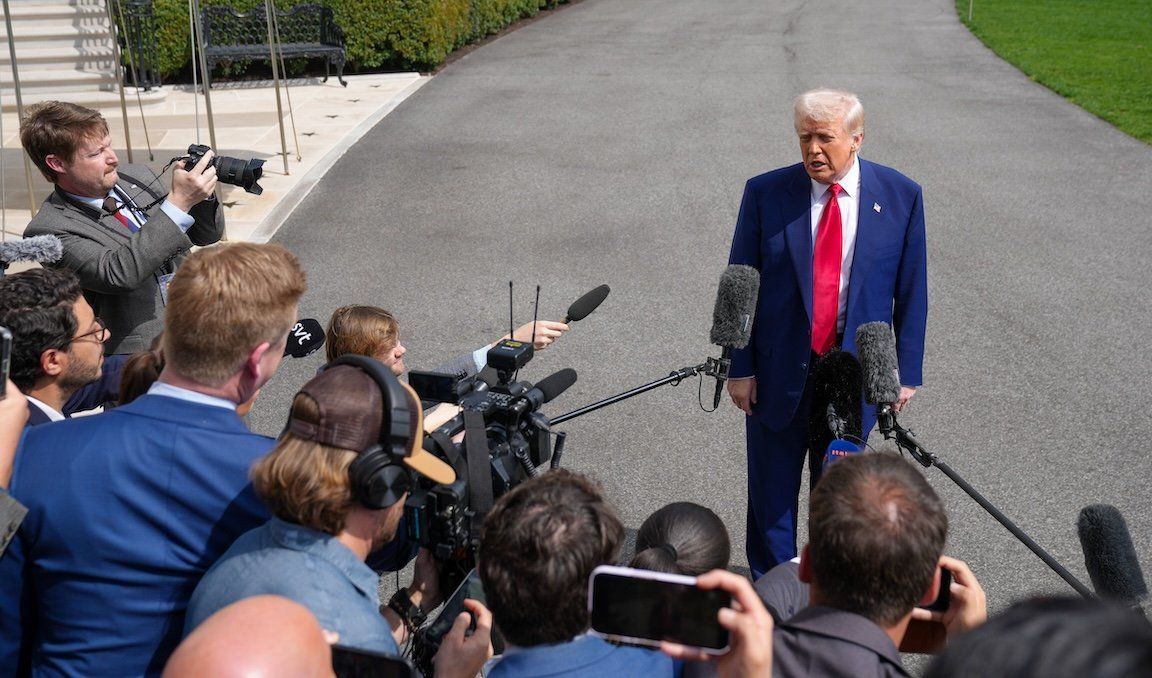The reviews are in: US President Donald Trump’s widespread tariff plan isn’tmostloved, especially not with the markets. Stocks have plummeted, layoffs have begun, and confusion has metastasized about the bizarre method the United States used to calculate its tariff formula. And, of course, there’s a lawsuit.
The reaction from countries affected by the tariffs, though, was relatively muted. The European Union threatened to retaliate if the Trump administration didn’t withdraw these new duties but hasn’t explicitly made any moves yet. The United Kingdom drew up a list of potential US products it could tariff but hasn’t yet taken any specific actions. Australia outright won’t retaliate.
One exception. China introduced a 34% retaliatory tariff on US goods on Friday, matching what the White House imposed on them. The move turns the simmering tensions between the two superpowers into a full-fledged trade war.
Big bully. These major economies will take a hit, but it could be the smallest countries that suffer the most. Due to the tariff formula — which ostensibly involves dividing the US trade deficit with a country by the total amount of imports from it, and then halving this number — nations like Lesotho, Myanmar, and Nauru must deal with new duties approaching 50%. Their humble economies rely on producing for the mammoth US market, so these huge price hikes could devastate them.
Totally chill meeting. The new tariffs overshadowed a NATO summit in Brussels on Thursday, one that was supposed to focus on reaffirming the military alliance between the United States and its European allies. Despite US Secretary of State Marco Rubio’s conciliatory tone, leaders across the pond expressed dismay at the new levies, with German Foreign Minister Annalena Baerbock arguing that economic security was linked to “overall security.”
Whatever the complaints from Europe, Trump is unlikely to reverse course, says Eurasia Group trade and global supply chain expert Nancy Wei.
“The newly introduced tariffs under President Trump’s administration are designed to be a lasting ‘tariff wall’ around the US,” Wei said. “It is improbable that negotiations will lead to major tariff reductions or complete removal.”
While some thought Trump might reverse course in the face of market volatility, the US president didn’t seem too fazed by the chaos. He told reporters on Thursday that he thought it was “going very well” and likened the situation to a patient having surgery. “The markets are going to boom, the stock is going to boom, the country's going to boom,” he added.
